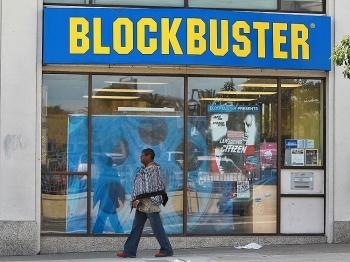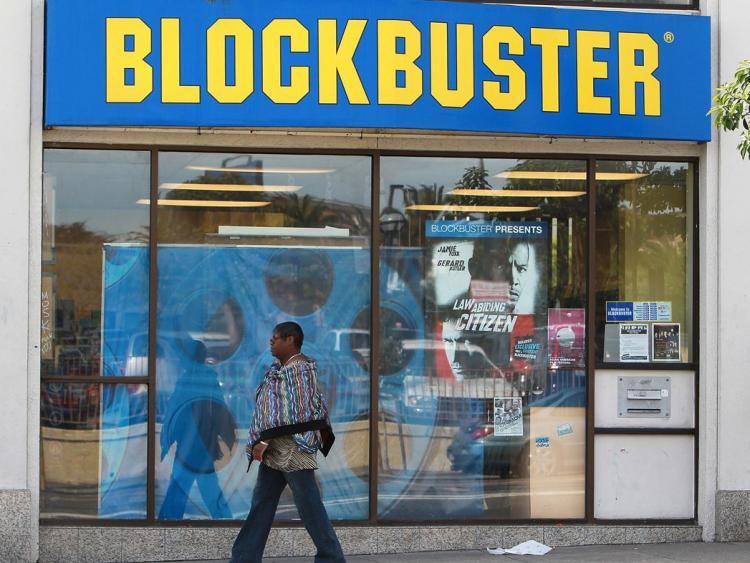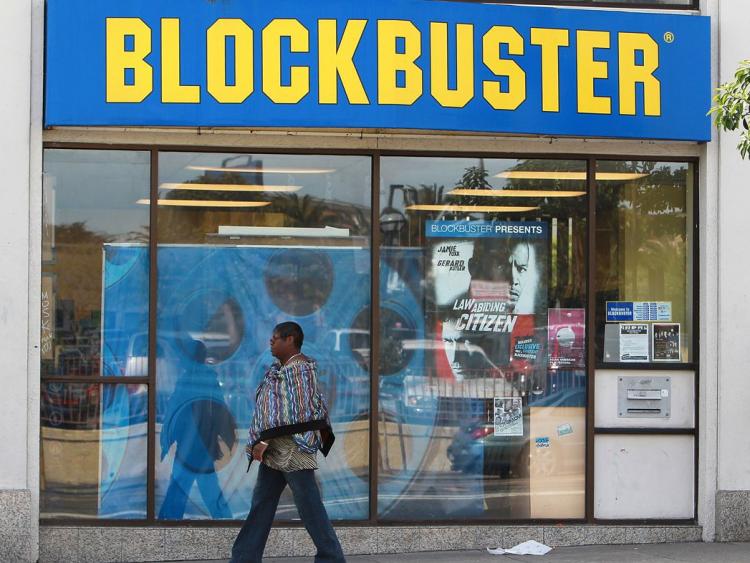Iconic Video Store Latest Casualty in Industry’s Decline
A wave of video store closures across Canada has recently swept up Videomatica.

Blockbuster Canada announced it was going into receivership on May 6. Both small independent video stores and the large chains face widespread closures as customers increasingly look to online sources for their entertainment. Justin Sullivan/Getty Images
|Updated:





